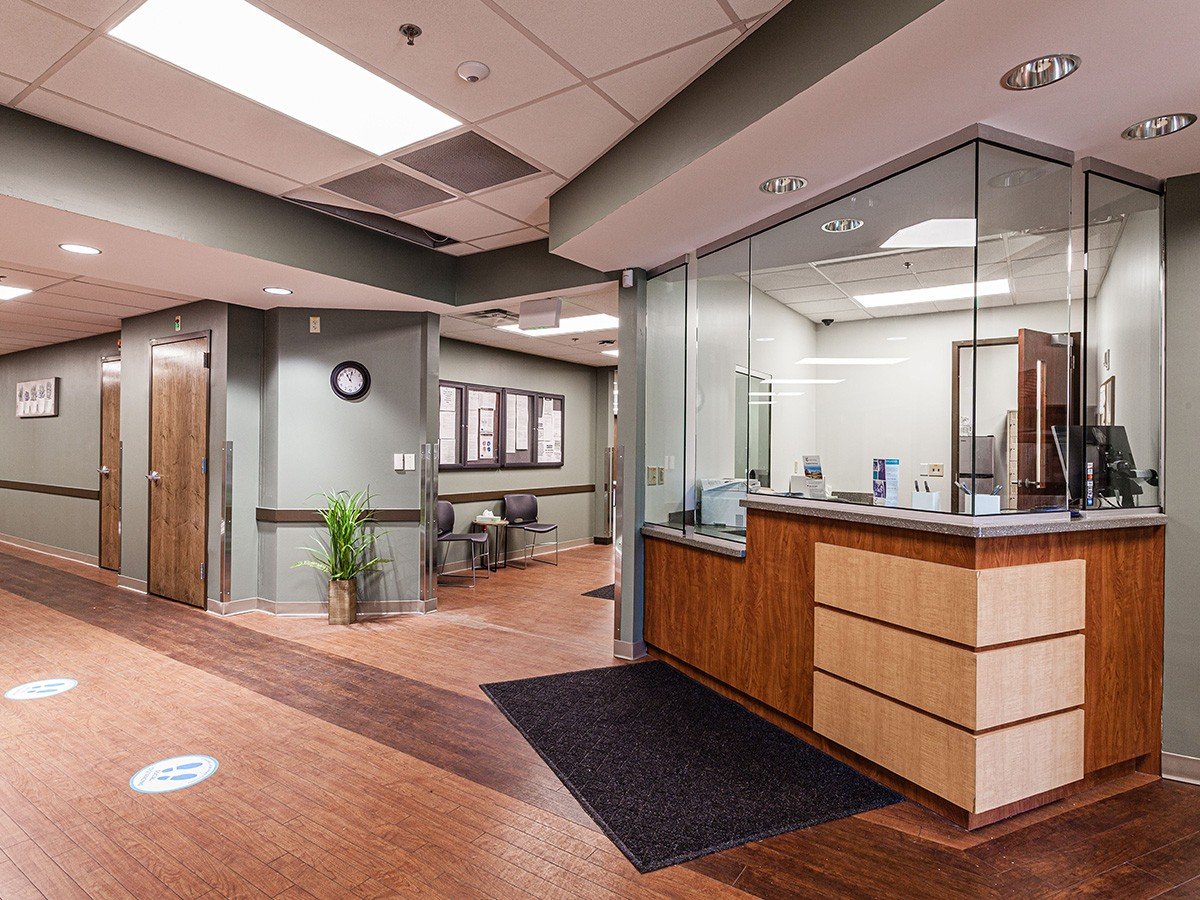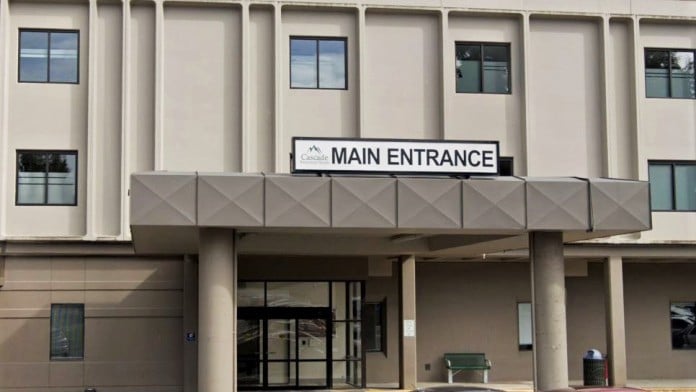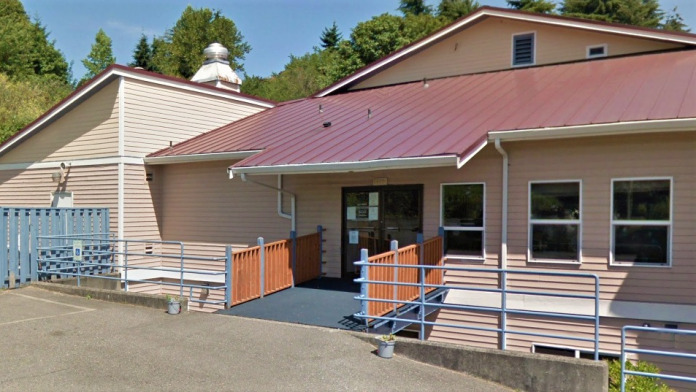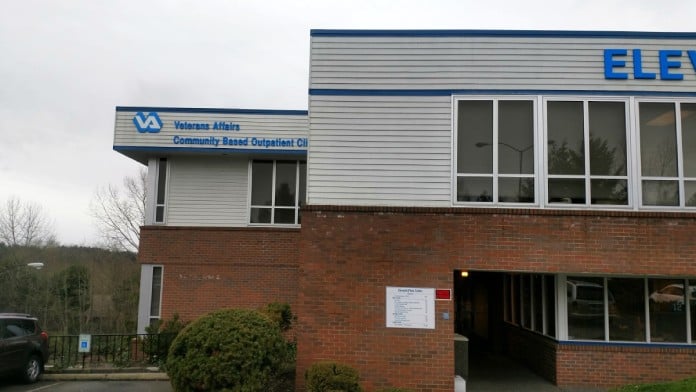About Remnant House – Ministries
Remnant House Ministries in Tacoma, Washington, provides faith based addiction treatment services for adults experiencing substance use disorders (SUD). Christian values shape the heart of the program, inviting each person to connect spiritually through shared faith. Located outside the intensity of Seattle, Tacoma offers a quieter setting where the water and nearby mountains create a calm environment for recovery.
Safe Spaces for Men and Women to Heal
This center helps adults working through addiction with programs designed just for men and women. The goal is to meet each person’s unique recovery needs in a supportive setting.
Men’s groups often focus on handling anger and rebuilding healthy habits after years of coping through substance use. Women’s programs put extra attention on healing from trauma and strengthening relationships with family and themselves.
Long Term Recovery Focus
They don’t rush the counseling here. You’ll have plenty of time to figure out what’s going on inside and learn to deal with the things that trigger you.
Most clients stay in treatment for six to twelve months. It can take time to feel solid and ready to live on your own again.
A Place to Live While You Recover
Addiction often leads to unstable housing, so having a place to live during recovery makes a big difference. Residential treatment works because it surrounds you with 24/7 support and removes everyday distractions.
Stewart Heights Park is nearby. There you’ll find picnic tables, plus a basketball court and skate park for recreation.
Preparing for Work and Financial Responsibility
Job training is an important part of the program. Working with Jobs for Life, participants receive training and job counseling to prepare for work.
The first 30 days in treatment are free. After that, each resident contributes weekly to help pay for treatment services. Don’t worry about transportation as they provide rides to job training, medical appointments and your 12-Step meetings.
Remnant House Ministries offers more than just treatment. They give people time and support to rebuild what addiction took away.
Rehab Score
Gallery
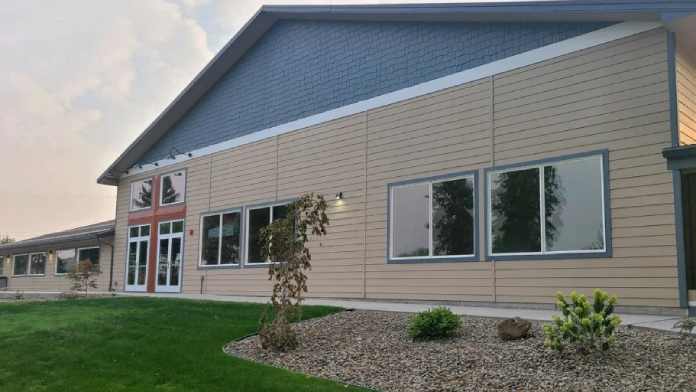
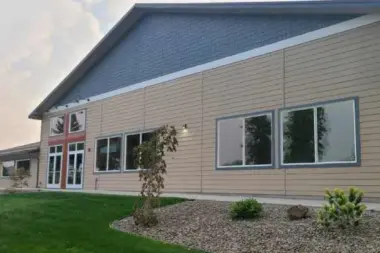
Other Forms of Payment
Medicaid is a state based program that helps lower-income individuals and families pay for healthcare. Medicaid covers addiction treatment so those enrolled can use their coverage to pay for rehab. When a program accepts Medicaid the client often pays very little or nothing out of their own pocket.
Medicare is a federal program that provides health insurance for those 65 and older. It also serves people under 65 with chronic and disabling health challenges. To use Medicare for addiction treatment you need to find a program that accepts Medicare and is in network with your plan. Out of pocket costs and preauthorization requirements vary, so always check with your provider.
Addiction Treatments
Treatments
The goal of treatment for alcoholism is abstinence. Those with poor social support, poor motivation, or psychiatric disorders tend to relapse within a few years of treatment. For these people, success is measured by longer periods of abstinence, reduced use of alcohol, better health, and improved social functioning. Recovery and Maintenance are usually based on 12 step programs and AA meetings.
Effective drug rehab in Washington integrates care for the whole person, offering comprehensive solutions to addiction. Treatment methods address mental, physical, and relational aspects of substance abuse.
A combined mental health and substance abuse rehab has the staff and resources available to handle individuals with both mental health and substance abuse issues. It can be challenging to determine where a specific symptom stems from (a mental health issue or an issue related to substance abuse), so mental health and substance abuse professionals are helpful in detangling symptoms and keeping treatment on track.
Opioid rehabs specialize in supporting those recovering from opioid addiction. They treat those suffering from addiction to illegal opioids like heroin, as well as prescription drugs like oxycodone. These centers typically combine both physical as well as mental and emotional support to help stop addiction. Physical support often includes medical detox and subsequent medical support (including medication), and mental support includes in-depth therapy to address the underlying causes of addiction.
Programs
Adult rehab programs include therapies tailored to each client's specific needs, goals, and recovery progress. They are tailored to the specific challenges adult clients may face, including family and work pressures and commitments. From inpatient and residential treatment to various levels of outpatient services, there are many options available. Some facilities also help adults work through co-occurring conditions, like anxiety, that can accompany addiction.
Clinical Services
In individual therapy, a patient meets one-on-one with a trained psychologist or counselor. Therapy is a pivotal part of effective substance abuse treatment, as it often covers root causes of addiction, including challenges faced by the patient in their social, family, and work/school life.
Contact Information
5201 Pacific Avenue
Tacoma, WA 98408




